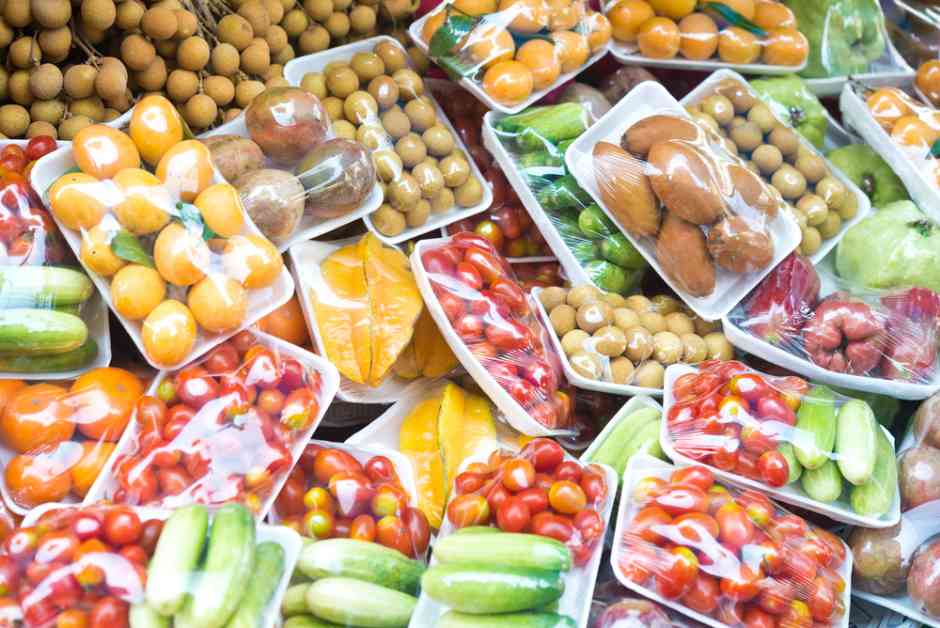Plastic Free July is an annual campaign that encourages people to avoid using single-use plastic. The idea is that small changes in our daily habits can have a big impact collectively. While this initiative is well-intentioned, it is essential to recognize that consumers should not bear the entire responsibility for plastic pollution. Temporary individual sacrifices are unlikely to make a significant difference in the long run.
To effectively address the issue of plastic waste, it is crucial for governments, manufacturers, and retailers to take concrete actions. Rather than solely focusing on consumer demand, efforts should be directed towards the supply side of the equation. Our research indicates that systemic changes are necessary to eliminate plastic waste, including reforming food packaging, waste management, and consumption practices.
Consumers often face challenges in making environmentally-friendly choices, such as opting for unpackaged foods at supermarkets. Limited availability and higher costs of unpackaged items can create dilemmas for shoppers, forcing them to choose between food waste and plastic waste. To address this issue, innovative solutions such as offering food items in different sizes can help reduce both plastic consumption and food waste.
It is essential for governments to implement regulations that hold companies accountable for their plastic production and packaging. Currently, just a few companies are responsible for a significant portion of branded plastic pollution. Mandatory regulations and increased producer responsibility can incentivize companies to invest in sustainable practices and reduce their plastic usage.
Plastic plays a crucial role in certain situations, particularly for vulnerable populations living in poorly planned cities or constrained circumstances. Campaigns and policies aimed at reducing plastic use should consider the diverse needs of communities and avoid inadvertently disadvantaging certain groups. Developing inclusive strategies that address the reliance on plastic in everyday activities is key to a successful transition towards reduced plastic consumption.
While initiatives like Plastic Free July are a step in the right direction, lasting change requires structural shifts in practices and policies. Designing effective infrastructure and implementing sustainable solutions are essential for long-term results. Rather than solely focusing on individual consumer choices, efforts should be directed towards redesigning cities and rethinking manufacturing and distribution systems to minimize plastic waste.
In conclusion, addressing plastic pollution requires a collective effort from all stakeholders, including governments, manufacturers, retailers, and consumers. By working together to implement sustainable practices and policies, we can create a world with less plastic waste and a healthier environment for future generations.






